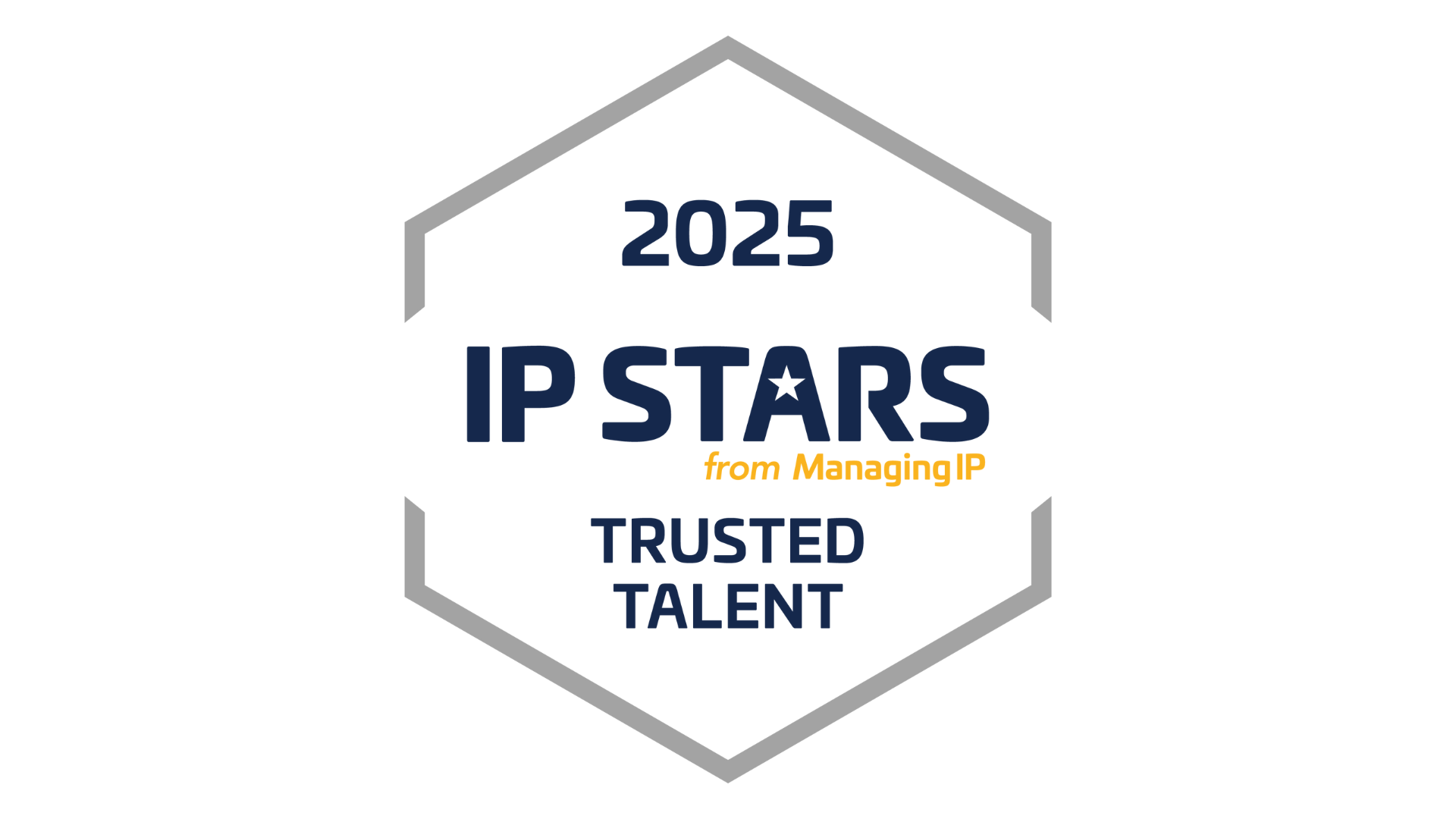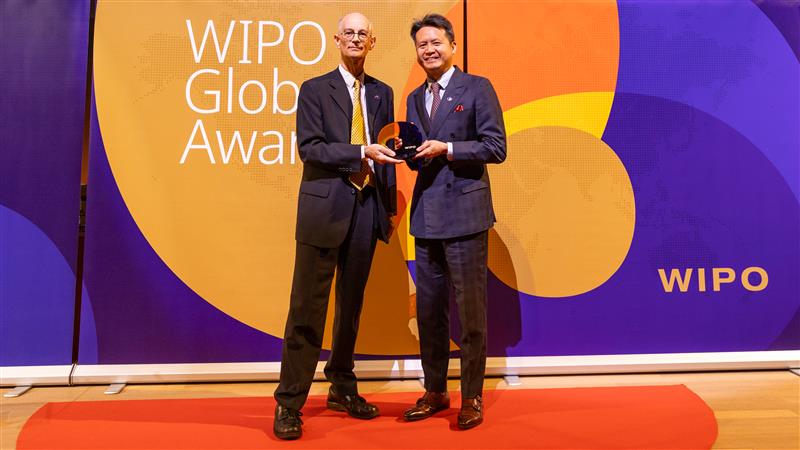News
World Cup 2022 and its IP issues
November 2022
The countdown is on to the FIFA World Cup 2022, being held in Qatar, with the hosts taking on Ecuador in the opening game on 20 November.
The FIFA World Cup is the world’s largest single sporting event. Even with the controversy surrounding the decision for the tournament to be held in Qatar, FIFA has projected that audience numbers will be in the region of 5 billion viewers. For context, the previous 2018 World Cup in Russia was watched by a combined 3.57 billion viewers, over half the world’s population aged four and above. With less than 100 days to go, a total of 2.45 million tickets had been sold for the stadium events.
Against this background, we consider some of the IP issues raised by such a tournament.
FIFA’S IP manual
As with previous tournaments, FIFA has a dedicated section on its website profiling its rights, including registered and unregistered trade marks, designs and copyrights. The Brand Protection portal includes a number of key documents and details of what is and is not deemed acceptable regarding the use of names and images associated with the tournament.
There are a number of FIFA sponsor partners, including Adidas, Coca-Cola, Wanda, KIA, Qatar Airways, Qatar Energy and VISA.
These companies have invested significantly in order to gain the exposure and goodwill that is associated with such a major sporting event and, in return, will expect certain levels of protection and enforcement from FIFA. FIFA includes a number of terms/conditions and guidelines to protect the investment and exclusive rights granted to their partners and other licensees of the tournament, which include (amongst others) monitoring and action plans on counterfeit merchandise, ambush marketing campaigns and social media activity. The rights are actively enforced to prevent misuse and stop the prestige and value of such a partnership being diluted.
IP assets
Key assets for the tournament include the QATAR 2022 name, the World Cup trophy, official emblems and event mascots. As with previous host nations for events such as the Olympic Games and rugby World Cup tournaments, Qatar has passed bespoke legislation to regulate and govern the intellectual property rights of FIFA and its commercial partners. The law recognises FIFA’s world cup trade marks as well-known and protected in Qatar regardless of whether they are registered there.
Aside from trade marks, design and copyright may subsist in a number of works such as the slogans, logos, kits and broadcasts in various countries.
Ambush marketing
Ambush marketing is an intentional effort by a non-sponsor of an event to create the impression of being an official sponsor, without authorisation and without paying sponsorship fees. Such campaigns can confuse the public and take unfair advantage of the public and media interest in an event to obtain exposure for their own products.
This form of marketing first became mainstream during the 2010 FIFA World Cup with Bavaria disguising Dutch models as Danish fans and revealing promotional attire once the match had commenced, although examples of such tactics can be seen as early as the 1984 Summer Olympic in Los Angeles and the 1988 Summer Olympics in Seoul where American Express and Visa led a number of ‘credit card wars’.
At the Russian World Cup in 2018, there were a number of campaigns highlighting Russia’s stance on LGBT rights by donating £10,000 to charity for each Russian goal scored. With the criticisms faced by Qatar’s own stance on LGBTQ and other human rights, it is likely that there will be more of these types of ambush campaigns during the event.
Non-official sponsors
Numerous businesses seek to promote or advertise brands without falling foul of ambush marketing, although it can be a fine line. The main dilemma for the organisers is that legal action itself can make the news and with social media, can result in significant publicity over and above what the brand would have originally envisaged. In the court of public opinion, the public can cast judgment before any formal legal proceedings have reached their conclusion.
Tickets/reselling
As often seen in large scale sporting events, FIFA banned unauthorised resale sites selling tickets, to protect consumers and reduce ticket touting. Qatar has applied new laws that mirror similar laws enacted in other territories ahead of major international events. There are already a number of sites advertising unauthorised tickets. For example, on one website reviewed, a ticket for England’s opening group game against Iran is being listed for £9,000, more than 140 times the face value of £65.
Summary
As with every major sporting tournament, there will be a stranglehold over commercial usage of protected IP. Breaches of intellectual property can give risk to significant claims, including trade mark and copyright infringement, potential criminal offences and damages. The general test should always be whether your advertising or branding of products and services implies a relationship such that consumers would assume that you are an official sponsor or licensee. If in doubt, leave it out.
DON’T use the trade marks, logos or images associated with the tournament, or offer tickets, even in relation to a promotional giveaway, unless you know such use is within the FIFA guidelines.
DO research the FIFA guidelines on what and will not be seen as unauthorised commercial association.
DO get creative; many companies will utilise themes around football and sport and there are ways to link a brand with the tournament without using the official elements. Paddy Power’s previous promotions could give some ideas on effective campaigns that sail close to the wind!
DO sense check social media posts; more than ever there are strict guidelines around social media and the wrong thing going viral could cause significant issues; remember nothing on the internet disappears.
This article was prepared by HGF Trade Mark Director Claire Jones.
































